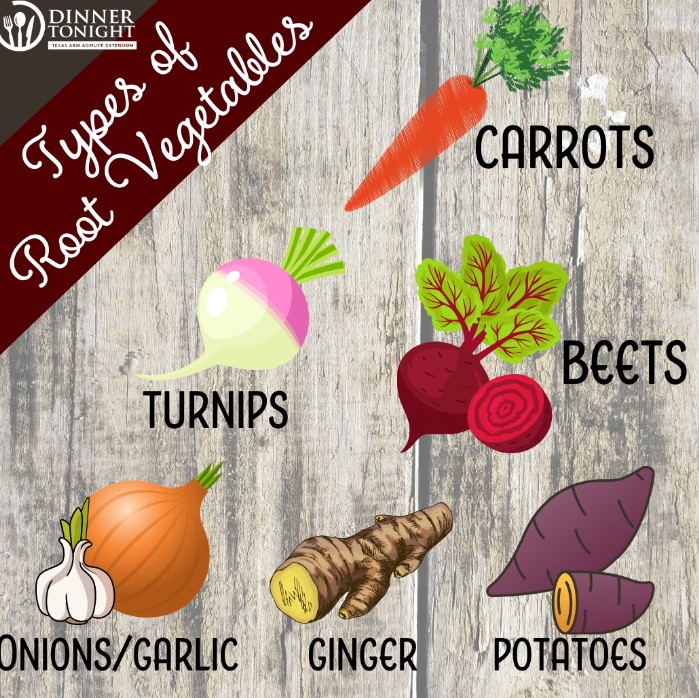BOURSESSENEGAL – Root vegetables offer more than just a colorful addition to your plate. These nutrient-packed foods, which include carrots, beets, sweet potatoes, and turnips, provide a host of health benefits. In this post, we’ll explore the various types of root vegetables, their nutritional value, cooking methods, and why they deserve a spot in your daily meals. Let’s dig in!
What Are Root Vegetables?
Root vegetables grow underground, serving as storage organs for nutrients. They absorb water and nutrients from the soil, making them rich in vitamins and minerals. Their unique flavors and textures can enhance any dish, from soups to salads. Moreover, root vegetables come in many varieties, each with its own unique benefits.
Types of Root Vegetables
- Carrots
- Nutritional Benefits: High in beta-carotene, carrots are excellent for eye health. They also provide fiber and antioxidants.
- Cooking Methods: Enjoy them raw, roasted, or steamed. Carrots make a fantastic addition to stir-fries and salads.
- Beets
- Nutritional Benefits: Beets are rich in folate, manganese, and nitrates, which can help lower blood pressure.
- Cooking Methods: You can roast, boil, or juice beets. Their earthy sweetness shines in salads and smoothies.
- Sweet Potatoes
- Nutritional Benefits: Loaded with vitamins A and C, sweet potatoes promote healthy skin and immune function.
- Cooking Methods: Bake, mash, or fry sweet potatoes for a delicious side dish.
- Turnips
- Nutritional Benefits: Turnips are low in calories but high in fiber and vitamin C.
- Cooking Methods: You can roast or mash turnips, making them a great alternative to potatoes.
Health Benefits of Root Vegetables
Incorporating root vegetables into your diet offers numerous health benefits:
Rich in Nutrients
Root vegetables are loaded with essential nutrients. They provide vitamins, minerals, and antioxidants that support overall health. For example, sweet potatoes are an excellent source of vitamin A, while beets offer significant amounts of folate.
High in Fiber
Fiber is crucial for digestive health. Root vegetables contribute to your daily fiber intake, helping to keep your gut healthy and promoting regular bowel movements. Eating fiber-rich foods can also help you feel full longer, aiding in weight management.
Antioxidant Properties
Many root are high in antioxidants, which help combat oxidative stress and reduce inflammation. This can lower the risk of chronic diseases, such as heart disease and cancer.
Supports Heart Health
The potassium found in root , particularly beets and sweet potatoes, can help manage blood pressure levels. Additionally, the fiber content can lower cholesterol levels, contributing to heart health.
How to Incorporate Root Vegetables Into Your Diet
Meal Ideas
- Roasted Root Vegetable Medley
- Combine carrots, beets, and sweet potatoes. Drizzle with olive oil and season with herbs before roasting.
- Root Vegetable Soup
- Simmer chopped root with broth and spices for a hearty soup.
- Raw Veggie Platter
- Slice raw carrots and beets to serve with hummus for a nutritious snack.
Pairing with Other Foods
Root pair well with various ingredients. For instance, they complement grains like quinoa and brown rice. You can also mix them into salads or serve them alongside proteins like chicken or fish.
Seasonal Considerations
Root are often harvested in the fall and winter, making them a great choice for seasonal eating. Incorporate them into your meals during these months for optimal freshness.
Cooking Tips for Root Vegetables
Preparation
When preparing root , make sure to wash them thoroughly to remove dirt. Peeling is optional for many, like carrots and sweet potatoes, as the skin contains valuable nutrients.
Cooking Techniques
- Roasting: This method brings out the natural sweetness of root. Toss them in olive oil, season, and roast at high temperatures.
- Boiling: Great for making soups or purees, but be cautious not to overcook, as this can lead to nutrient loss.
- Steaming: Retains most nutrients and enhances flavor without added fats.
Final Thoughts
Root are a versatile and nutritious addition to your diet. Their health benefits, combined with their unique flavors, make them a valuable food group. Whether you roast, boil, or enjoy them raw, there’s no shortage of ways to include these nutrient-rich foods in your meals.
Start experimenting with root today! Your taste buds and your health will thank you. Embrace the vibrant colors and flavors of these underground treasures and transform your culinary experience. From enhancing your dishes to boosting your nutrition, root truly are a powerhouse of health benefits.
REFERENCE : bujangslot



